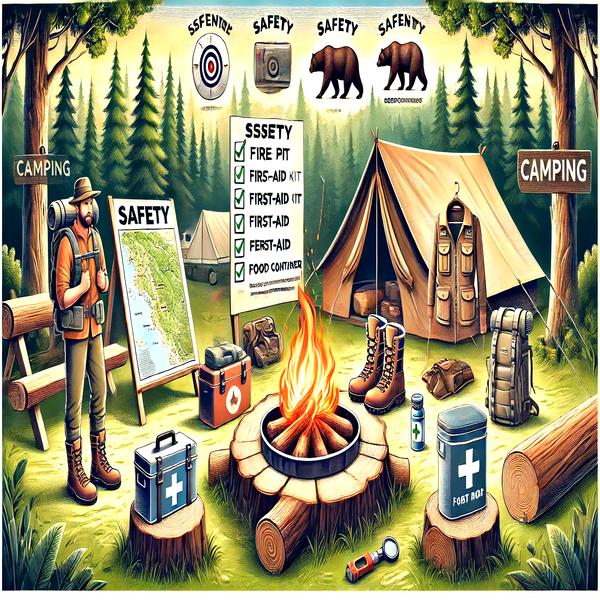Safety should always be a top priority when heading into the great outdoors. Before your trip, research your destination, including weather forecasts, terrain, and potential wildlife encounters, so you’re prepared for any situation. Pack a well-stocked first-aid kit with essentials like bandages, antiseptic, and medications to address minor injuries or ailments. Stay hydrated by carrying enough water or using a reliable filtration system if natural sources are available. When dealing with fire, always follow fire safety guidelines, keeping campfires small, contained, and extinguished before leaving the site. Use navigation tools, such as maps or GPS devices, and share your itinerary with someone back home to ensure others know your location. Additionally, pack weather-appropriate gear to avoid hypothermia or heat exhaustion. Finally, learn basic survival skills, like signaling for help or building shelter, to handle emergencies effectively. With these safety practices in place, you can focus on enjoying your camping trip with peace of mind.
Essential Safety Tips for Your Camping Trip

December 2nd, 2024
© Camp Quest Outfitters. All Rights Reserved.

